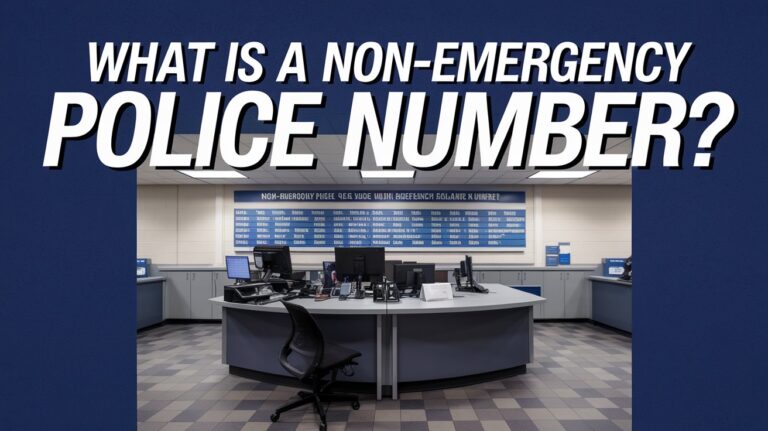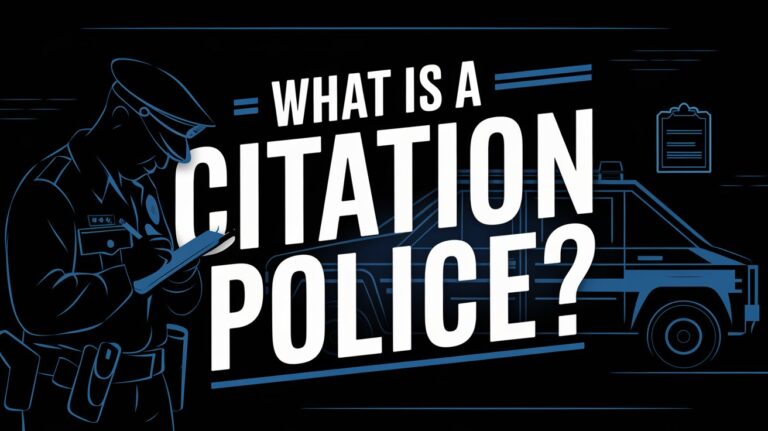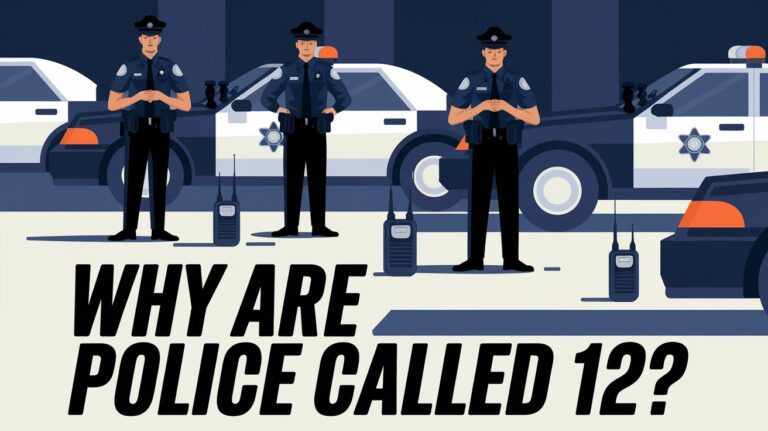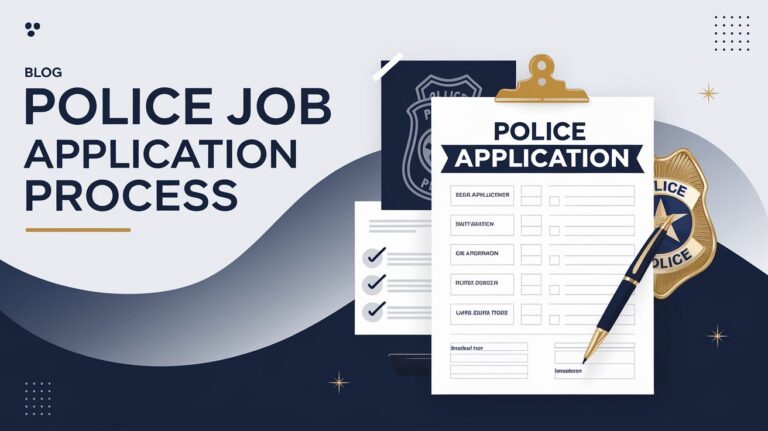Do Police Officers Get Fired: Facts Behind Badge Terminations
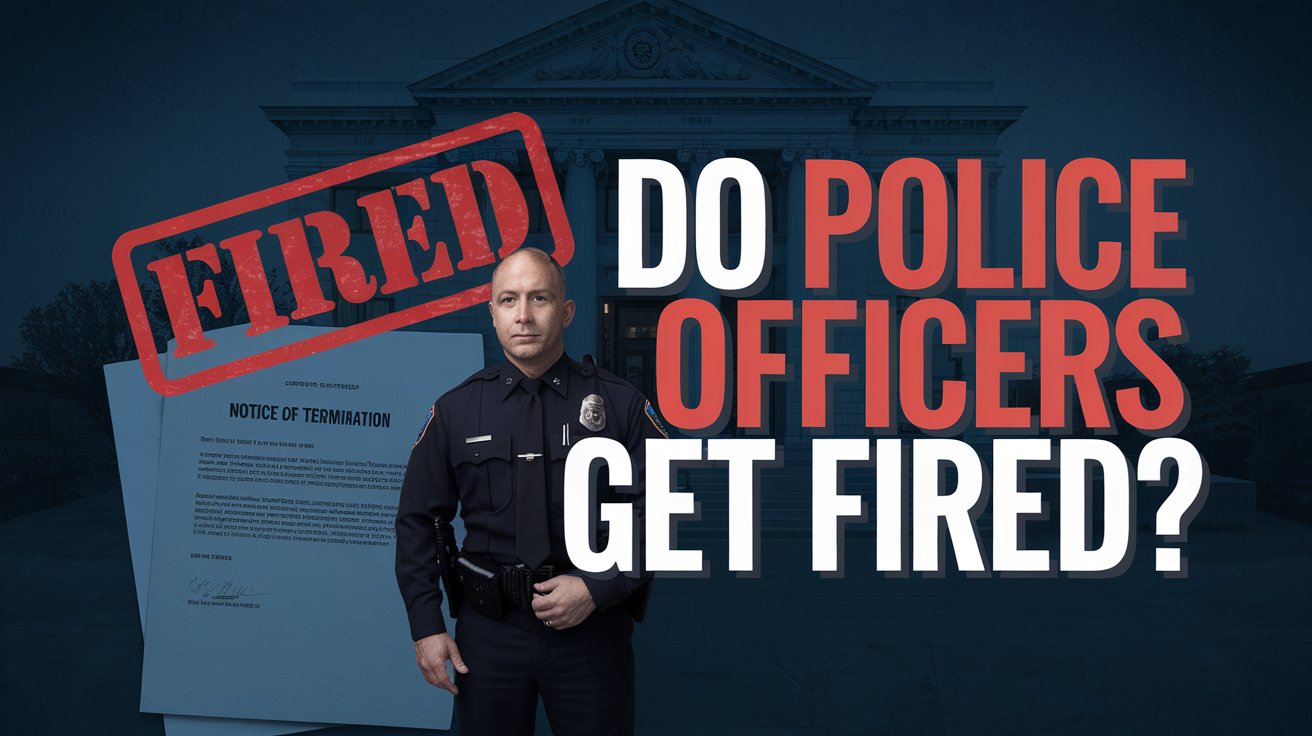
In the United States, the public’s views on law enforcement accountability and misconduct are ongoing. Most police officers serve with integrity. Yet, cases of misconduct, excessive force, and terminations have led to calls for reform and transparency in the criminal justice system.
Recent studies show that only 27% of police officers have fired their service weapon on duty. Male officers, white officers, those in larger cities, and military veterans are more likely to have done so. These officers also tend to support gun rights more and are less likely to back restrictive gun measures.
The Department of Justice is key in investigating and prosecuting law enforcement misconduct. This includes allegations of excessive force, sexual misconduct, theft, and neglect of serious medical needs. Their goal is to ensure officers are held accountable and that all citizens’ rights are safeguarded.
Key Takeaways
- Only 27% of police officers have fired their service weapon while on duty.
- Male officers, white officers, those working in larger cities, and military veterans are more likely to have used their firearms.
- Officers who have fired their weapons tend to be more supportive of gun rights and less likely to support restrictive gun measures.
- The Department of Justice investigates and prosecutes allegations of constitutional violations by law enforcement officers, including excessive force, sexual misconduct, theft, and deliberate indifference to serious medical needs.
- The department’s efforts aim to hold officers accountable and ensure the rights of all citizens are protected.
Police Misconduct and Legal Framework
Law enforcement officers in the United States are subject to federal laws and constitutional principles. The federal criminal statute 18 U.S.C. § 242 enforces these limits, requiring officers to respect the civil rights of individuals under their authority.
Constitutional Violations by Law Enforcement
To prove a violation of 18 U.S.C. § 242, the government must show several things. They must prove the officer deprived a victim of a constitutional right. They also need to show the officer acted willfully and was under the color of law. Common violations include excessive force, unlawful detention, racial profiling, and perjury.
Department of Justice Investigation Process
The Department of Justice investigates and prosecutes allegations of constitutional violations by law enforcement. Prosecutors must meet two standards. They need to be convinced a federal crime was committed and have a good chance of winning at trial. Victims of police misconduct have several options for recourse, including filing complaints, seeking civil rights lawsuits, and pursuing criminal prosecution of offending officers.
| Key Aspects of Police Misconduct Investigations | Details |
|---|---|
| Federal Criminal Statute 18 U.S.C. § 242 | Enforces constitutional limits on law enforcement conduct, requiring officers to respect the civil rights of individuals under their authority. |
| Constitutional Violations by Law Enforcement | Excessive force Unlawful detention Racial profiling Perjury |
| Department of Justice Investigation Process | Investigate allegations of constitutional violations Prosecutors must meet two standards: Conviction that a federal crime was committed Likelihood of prevailing at trial |
Types of Police Officer Misconduct
Police misconduct is a serious issue, covering various unethical or unlawful behaviors by law enforcement. The most common types include physical assault and excessive force, sexual misconduct, and deliberate indifference cases.
Physical Assault and Excessive Force
Physical assault cases often involve police brutality incidents and excessive force. The reasonableness of force used is judged based on the victim’s status. For those arrested or detained, force must be necessary to control and protect the officer. Yet, for convicted prisoners, force cannot be used as punishment or retaliation.
Sexual Misconduct in Law Enforcement
Sexual misconduct in law enforcement is a grave issue, including nonconsensual sexual contact with those in custody. This sexual misconduct in law enforcement violates civil rights and is considered misconduct.
Deliberate Indifference Cases
Deliberate indifference cases involve officers failing to address serious medical needs or risks of harm to those in custody. This neglect can include ignoring medical care needs or safety threats. Officers who witness excessive force cases but fail to intervene face failure to intervene charges.
Do Police Officers Get Fired?
The termination of police officers involves thorough investigations and adherence to due process. The severity of misconduct, evidence, and adherence to departmental policies are key factors. Officers may face termination for violating Constitutional rights, using excessive force, engaging in sexual misconduct, or showing deliberate indifference to serious risks. Yet, the specific circumstances and local regulations significantly influence the decision to terminate an officer.
Research indicates that police disciplinary procedures and the termination of police employment are often inadequate. An investigation into 37 major police departments found that 451 out of 1,881 officers fired were reinstated for misconduct. Arbitrators frequently overturn disciplinary decisions against police officers, often deeming the actions excessive compared to past precedent.
- Derek Chauvin, the officer who murdered George Floyd, was involved in at least 18 misconduct cases prior to the incident.
- The officers who killed Antwon Rose and Tamir Rice had both been dismissed from previous policing jobs before being hired by other agencies.
- Myles Cosgrove, one of the officers fired after killing Breonna Taylor, was later hired as a sheriff’s deputy by another agency.
The practice of giving second chances to officers after serious misconduct or killings reflects the priorities of policing and public safety. Without a national database on police misconduct, firings, or dismissals, and with many state laws sealing police disciplinary records, the system often fails to hold officers accountable for their actions.
Use of Force Policies and Violations
Police departments across the United States have detailed use of force policies. These policies dictate how officers can use physical force when interacting with the public. Officers are required to use only the minimum amount of force that is objectively reasonable given the circumstances.
This means the force used must be proportional to the threat faced and the severity of the situation. It’s about using the right amount of force for the situation at hand.
Reasonable Force Standards
To determine if the force used by an officer was reasonable, several factors are considered. These include the severity of the suspected crime, the immediate threat to safety, and the level of resistance or attempted escape by the subject. Officers must also consider de-escalation techniques and less-lethal force before resorting to more severe methods.
Factors Determining Force Application
Officers must weigh various factors when deciding how much force to use. These include the subject’s conduct, the physical factors of both the officer and the subject, the proximity of weapons, and the available force options. Proper documentation of force incidents is crucial for accountability and review by supervisors and investigators.
Documentation Requirements
All uses of force by police officers must be thoroughly documented. This includes details about the incident, the level of force used, and the reasons behind the officer’s actions. This documentation creates a record that can be examined to ensure compliance with department policies and identify any potential issues or misconduct.
FAQ
Do police officers get fired?
Termination of police officers involves thorough investigations and disciplinary actions. The severity of misconduct, evidence, and departmental policies are key factors. Officers may face dismissal for violating Constitutional rights, using excessive force, sexual misconduct, or ignoring serious risks. Yet, the outcome depends on specific circumstances and local regulations.
What is the federal criminal statute that enforces Constitutional limits on law enforcement conduct?
The statute 18 U.S.C. § 242 enforces Constitutional limits on law enforcement. To prove a violation, the government must show the officer deprived a victim of a Constitutional right. They must also demonstrate the officer acted willfully and under color of law.
What types of police officer misconduct can lead to termination?
Physical assault cases often involve allegations of excessive force. The standard depends on the victim’s custodial status. Sexual misconduct includes nonconsensual contact with persons in custody. Deliberate indifference cases involve ignoring serious medical conditions or risks of harm. Failure to intervene charges apply to officers who fail to stop Constitutional violations by colleagues.
How does the Department of Justice investigate and prosecute allegations of Constitutional violations by law enforcement officers?
The Department of Justice aggressively investigates and prosecutes allegations of Constitutional violations. This includes excessive force, sexual misconduct, theft, and ignoring serious medical needs. Prosecutors must prove a federal crime was committed and have a strong case for trial.
What factors are considered in determining the reasonableness of force used by police officers?
Use of force policies require officers to use only objectively reasonable force. Factors include the severity of the crime, immediate threat to safety, and active resistance. Officers must weigh various factors when deciding to use force. Proper documentation of force incidents is essential for accountability and review.

